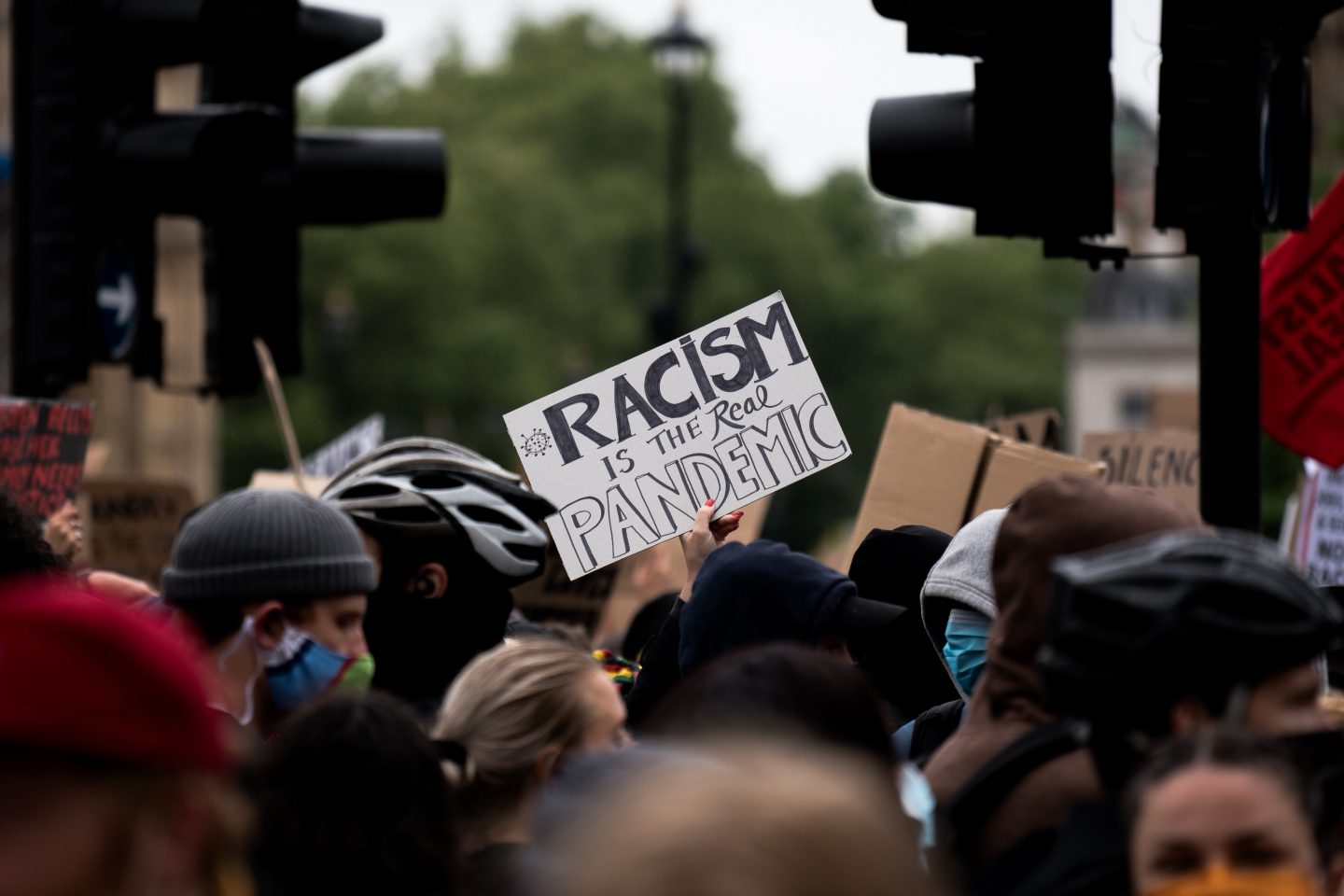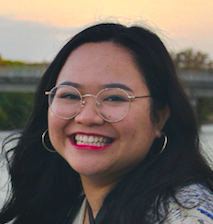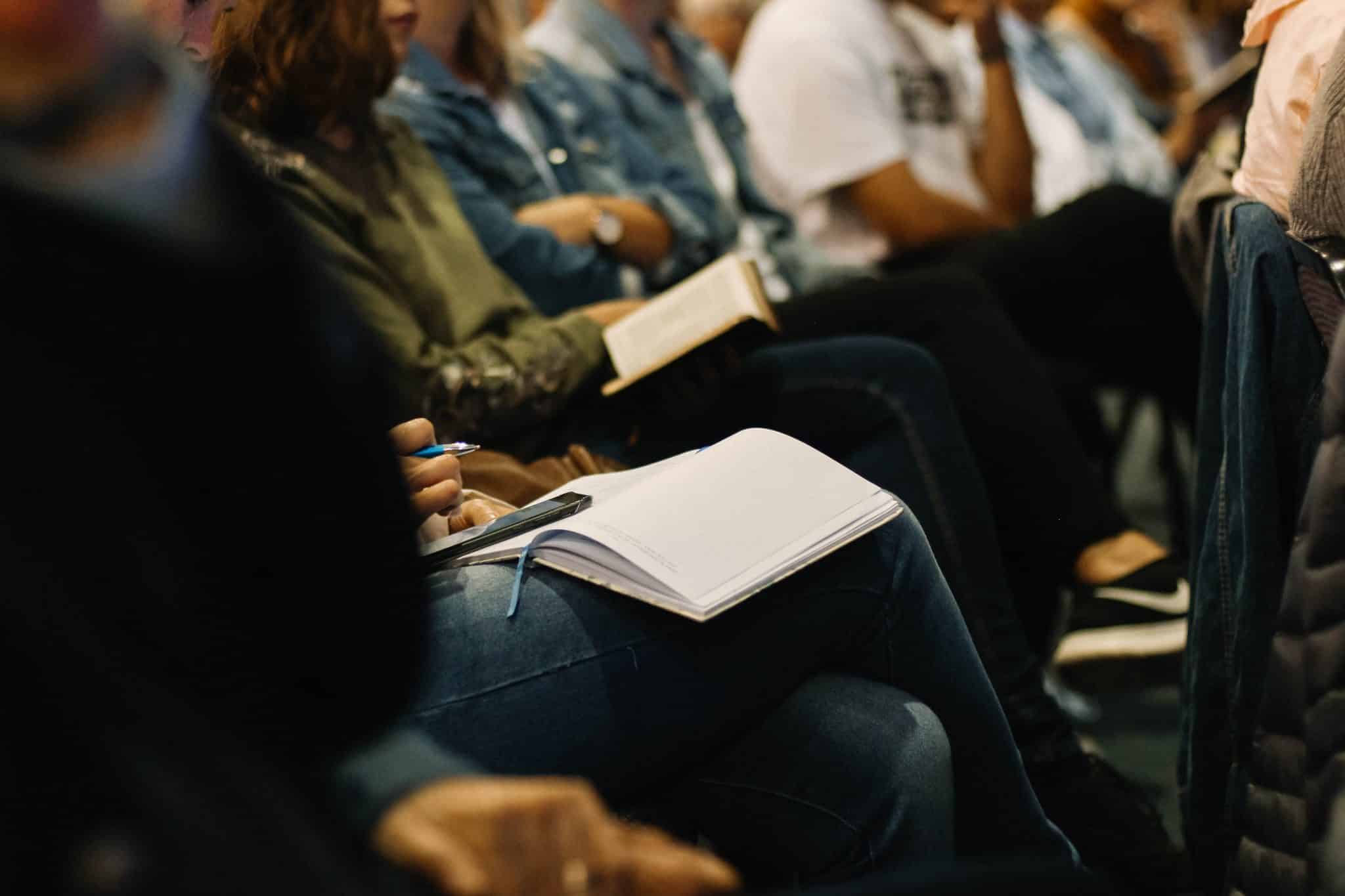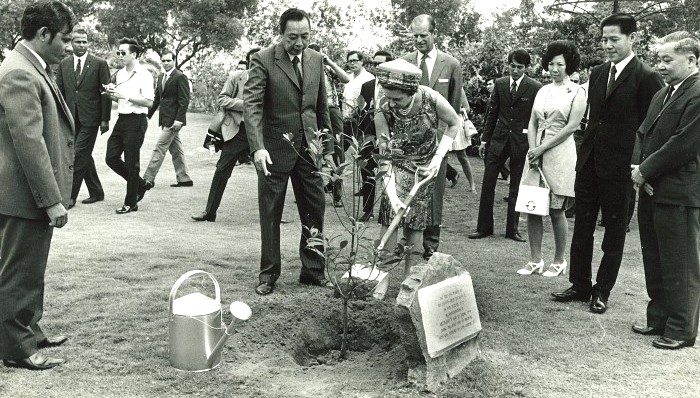Irked by social justice warriors, one woman discovers the root of her cynicism
Janziel Licayan // October 15, 2020, 3:59 pm

"God has shown His colourless and all-inclusive love. It’s our turn now," says Janziel Licayan, who is learning to be "a good neighbour". Photo by James Eades on Unsplash.
The Black Lives Matter movement which started in the United States has gained traction and become a global call.
Even in Singapore, I witnessed many friends voicing out their indignation and actively expressing their views on racism and minority oppression. I found this surge of activism disconcerting.
In fact, while scrolling through the many Instagram and Facebook posts filled with petitions for social justice and championing the anti-racism movement, I was overcome with cynical thoughts.
My chest tightens as I remember the feelings of frustration and anger that arose.
“Why are these people suddenly so invested in social justice and minority oppression in the US when they are so oblivious to racism in Singapore – sometimes even in their own households?”
Then I asked myself: What do I actually know about racism in Singapore? How is racism expressed differently here?
And, most importantly, is the Christian community acknowledging the presence of racism within Singapore and if so, are we taking any active steps to root it out?
As I reflected on this, I recalled an incident when I was 11 years old and had just come to Singapore (from the Philippines) to join my parents who had been working here for some time.
To this day, this memory makes me feel uncomfortable.
My chest tightens as I remember the feelings of frustration and anger that arose.
Stereotyped
In 2005, my brother and I left the Philippines after we passed the entrance exams of a local primary school and were enrolled in Singapore as foreign students. In my first week of school, a classmate approached and asked me, point blank: “Is your mother a maid?”
“Draw yourself with the same features but with a different skin colour.”
Severely lacking in my English skills, I could not defend my mother, who was working in a restaurant then. (But even if she was, what shame is there in being one?)
I swallowed my pride and acted like I was unaffected by the question. But it felt like my voice had been taken away and I cried out my frustrations at home at the insinuated superiority towards me.
I wonder, now, how many other young children have felt the same way?
It was not until recently that I realised: This wound had been festering in my heart and the issue was unresolved.
The painful truth was this: My cynicism was merely a symptom of this deeper hurt.
Skin colour
I was reminded of a phrase that my pastor said during this week’s sermon: “The ground is level at the foot of the Cross.”
God showed me that the first step in my struggle to remove the cynicism from my heart was a call to repentance: I, myself, had a tendency to judge others.
I was contributing to the stereotype and division even within my own race.
Many times, whether consciously or unconsciously, I judge them based on my own standards of who is “acceptable” to me, choosing to only love the people whom I deemed “lovable”.
I was loving people with pretence and prejudice.
I realised this while listening to a podcast recently. In one of the episodes in the Antioch Podcast, one panellist said: “Draw yourself with the same features but with a different skin colour.
“Now, imagine how much harder, or easier, a certain circumstance would have been, based on that colour. For example, attending a job interview, or going through primary school.”
What I discovered bothered me tremendously: I was more comfortable with giving myself a lighter skin tone than a darker one.
Equal culpability
In my life, I constantly took active steps and made decisions to prevent myself from following the usual characteristics or careers associated with Filipinos because I was avoiding the possible confrontation of the stigmatised attitude towards Filipinos.
God is currently helping me to heal this racial wounding.
For example, I chose to take on a career as a paralegal – one deemed unusual for a Filipino because it was not the “standard” job in hospitality or nursing.
I wanted to be known as an “educated” Filipino and I was afraid of being judged based on my race, again.
It hurts to admit it – but I was contributing to the stereotype and division even within my own race.
Putting aside the victim mentality and accepting that I was part of the community of aggressors made me feel ashamed.
God reminded me that if I wanted to continue loving Him, I could not continue loving others on my own terms.
Road to healing
God is currently helping me to heal this racial wounding and, in the process of healing, I started wanting to live out the truth in Galatians where Paul wrote: “In Christ Jesus you are all sons of God, through faith. For as many of you as were baptised into Christ have put on Christ. There is neither Jew nor Greek, there is neither slave nor free, there is no male and female, for you are all one in Christ Jesus.” (Galatians 3:26-28)
In Christ, no one is “too white”, “too black” or “too brown”. He loves everyone equally and His colourless cross has bridged all racial divisions.
Through repentance, my heart began to open to the notion of forgiveness towards the people whom I felt had wronged me.
In Christ, no one is “too white”, “too black” or “too brown”.
Rather than passing judgment on their actions, I started desiring to show the same kind of grace and mercy given to me by God whenever I sin due to my own racial micro-aggressions towards another.
Martin Luther King Jr said: “Forgiveness is not an occasional act, it is a constant attitude.”
Forgiveness is the spiritual practice of intentionally making the decision to forgive just as I have been forgiven (Ephesians 4:32).
I still continue to struggle with forgiveness but it gets a little easier every time I remember that my Saviour, Jesus Christ – an innocent Jew, talked with a Samaritan woman, healed a Roman Centurion’s servant and ultimately died on a Roman cross, continued to love and forgive people with no limitations, boundaries, or exceptions.
Small steps
It would be hypocritical for me to say that the cynicism within me has been completely removed. But, by God’s power, it is slowly being replaced with humility and compassion.
I want to learn to listen to the stories of others and see their wounds and sufferings.
A lot of my prayer is revolving around learning to be a good neighbour – one who stops and helps the injured, one who does not turned a blind eye and deaf ears to a person in need.
I want to learn to listen to the stories of others and see their wounds and sufferings.
I want to learn to not overlook the people living in the margins caused by disparities in education, housing, employment and socio-economic background.
I want to walk in the footsteps of different people from different backgrounds and have real conversations with an open and non-judgemental heart – I want to have a heart like Jesus.
God has shown His colourless and all-inclusive love. It’s our turn now.
We are an independent, non-profit organisation that relies on the generosity of our readers, such as yourself, to continue serving the kingdom. Every dollar donated goes directly back into our editorial coverage.
Would you consider partnering with us in our kingdom work by supporting us financially, either as a one-off donation, or a recurring pledge?
Support Salt&Light



